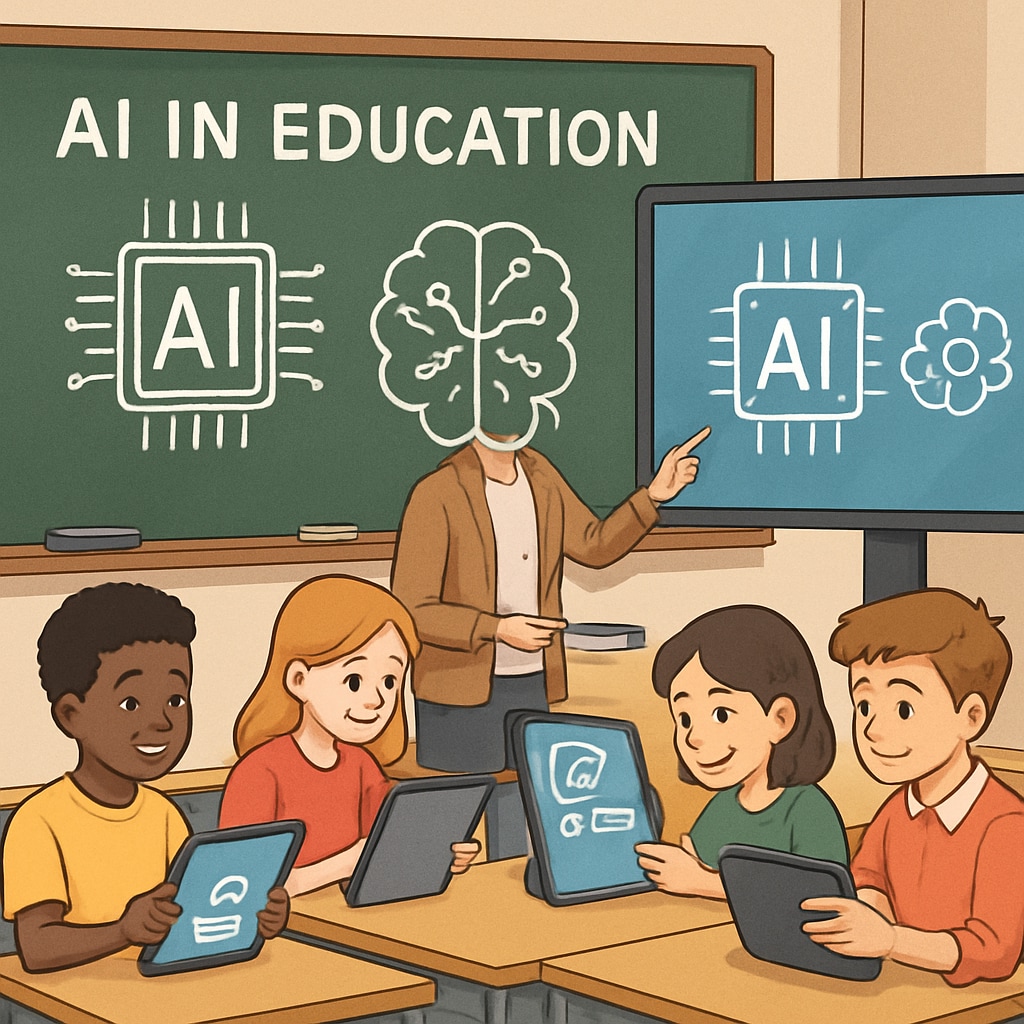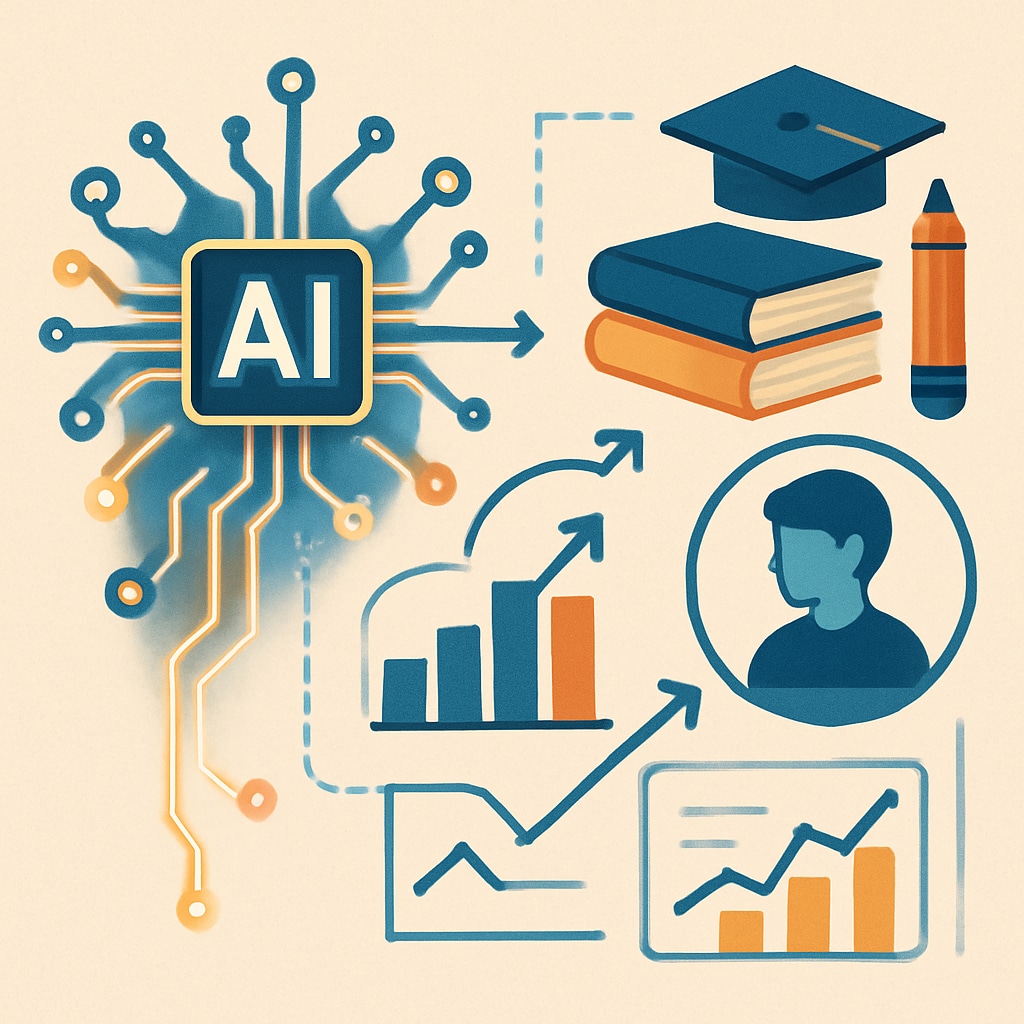The rapid advancement of artificial intelligence (AI), competitive exams, and talent selection is revolutionizing the way students are evaluated in education systems. Traditional competitive exams, long considered the gold standard for talent assessment, are now facing fundamental challenges due to the ever-expanding capabilities of AI. This transformation necessitates a serious reassessment of our educational evaluation frameworks to ensure fairness and foster the development of truly gifted individuals.
The Impact of AI on Competitive Exams
Artificial intelligence is reshaping many aspects of modern life, and education is no exception. In competitive exams, AI presents both opportunities and challenges. On one hand, AI-driven tools can enhance assessment accuracy, identify unique student strengths, and reduce human bias. For example, adaptive testing platforms can customize exams to match individual skill levels, offering a more personalized and equitable evaluation process. On the other hand, AI also raises concerns about integrity. AI-generated content and tools like ChatGPT make cheating more accessible, challenging the reliability of traditional exam formats.

Why Traditional Talent Selection Needs Reform
Traditional competitive exams focus heavily on rote memorization and standardized testing formats, which often fail to identify diverse forms of intelligence. In an AI-driven world, these methods risk becoming obsolete. For instance, AI-powered plagiarism detection tools are now required to validate originality in essay-based exams, while machine learning algorithms can predict student performance more efficiently than traditional grading systems. Such advancements highlight the limitations of existing frameworks in recognizing creativity, critical thinking, and problem-solving—the very skills needed in the AI era.
Key reasons why reform is essential include:
- Overemphasis on standardization: Current exams prioritize uniformity over individual strengths.
- Limited evaluation scope: Exams often overlook skills like teamwork and adaptability.
- Vulnerability to AI misuse: Cheating methods evolve alongside technology.

Innovative Approaches to Talent Selection
Reforming competitive exams in the AI era calls for innovative strategies that go beyond traditional assessments. Education policymakers must explore diverse mechanisms to identify and nurture talent. Here are some potential solutions:
- Project-based evaluations: Encourage students to apply their knowledge to real-world problems, promoting creativity and practical skills.
- AI-assisted assessments: Utilize AI to analyze student performance across multiple dimensions, including cognitive abilities and emotional intelligence.
- Collaborative testing models: Implement group-based assessments to evaluate teamwork and interpersonal skills.
- Incorporating soft skills: Develop evaluation methods that measure communication, adaptability, and resilience.
These approaches not only adapt to technological advancements but also create a fairer and more inclusive environment for diverse learners.
Protecting the Rights of Gifted Students
In the race to adopt AI-driven education tools, it is crucial to ensure that truly talented students are not overlooked. Education reforms must strike a balance between innovation and equity. Policymakers should prioritize the following:
- Access to technology: Ensure that AI tools are available to students from diverse socioeconomic backgrounds.
- Ethical guidelines: Develop regulations to prevent misuse of AI in exams.
- Holistic assessment frameworks: Integrate multiple evaluation methods to capture a full spectrum of student abilities.
By focusing on these principles, we can create an ecosystem where AI complements rather than compromises education.
Readability guidance: This article avoids technical jargon and uses concise paragraphs to maintain clarity. Lists and examples are incorporated to summarize key points effectively. Transitions like “however,” “in addition,” and “for example” ensure a smooth flow of ideas.


